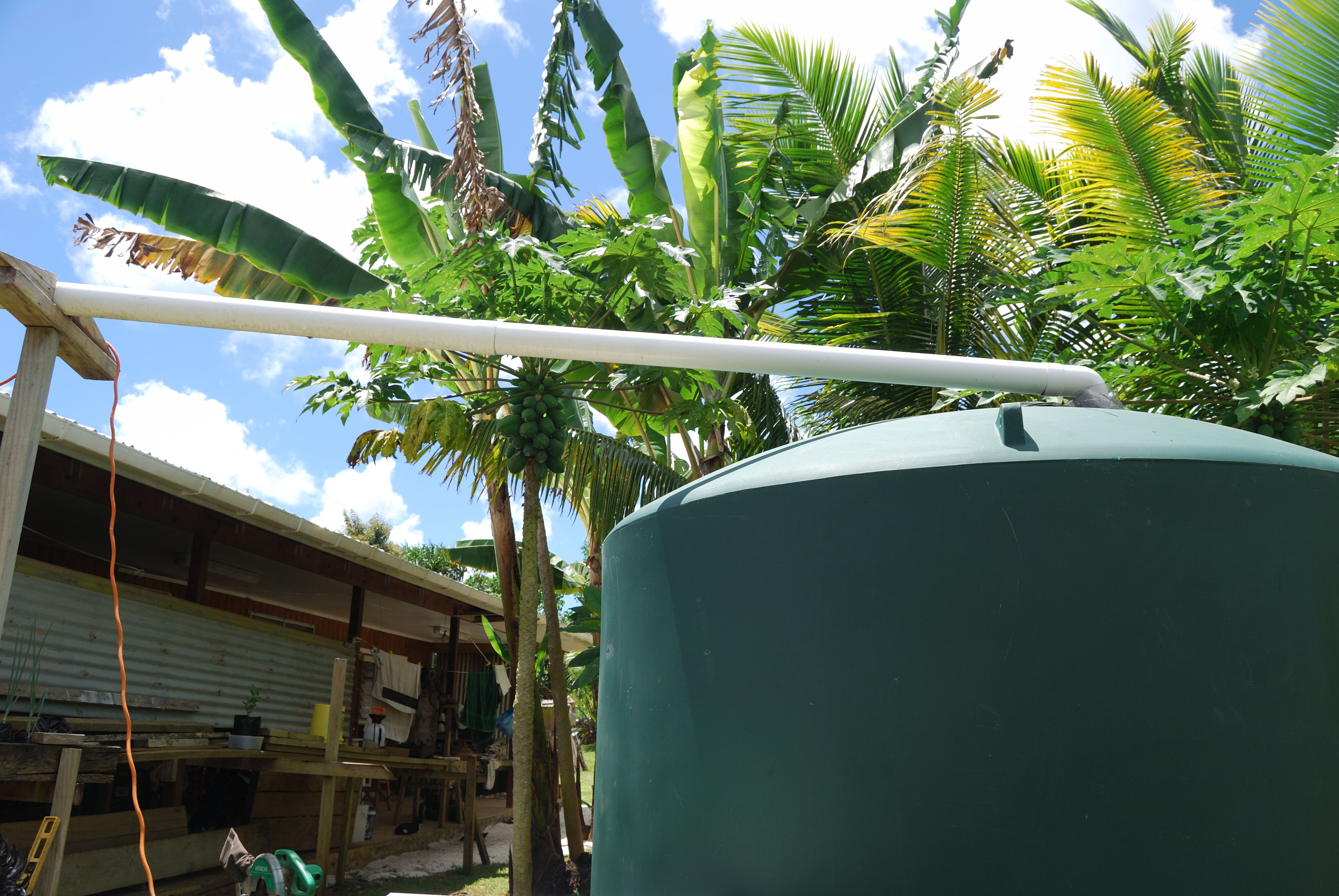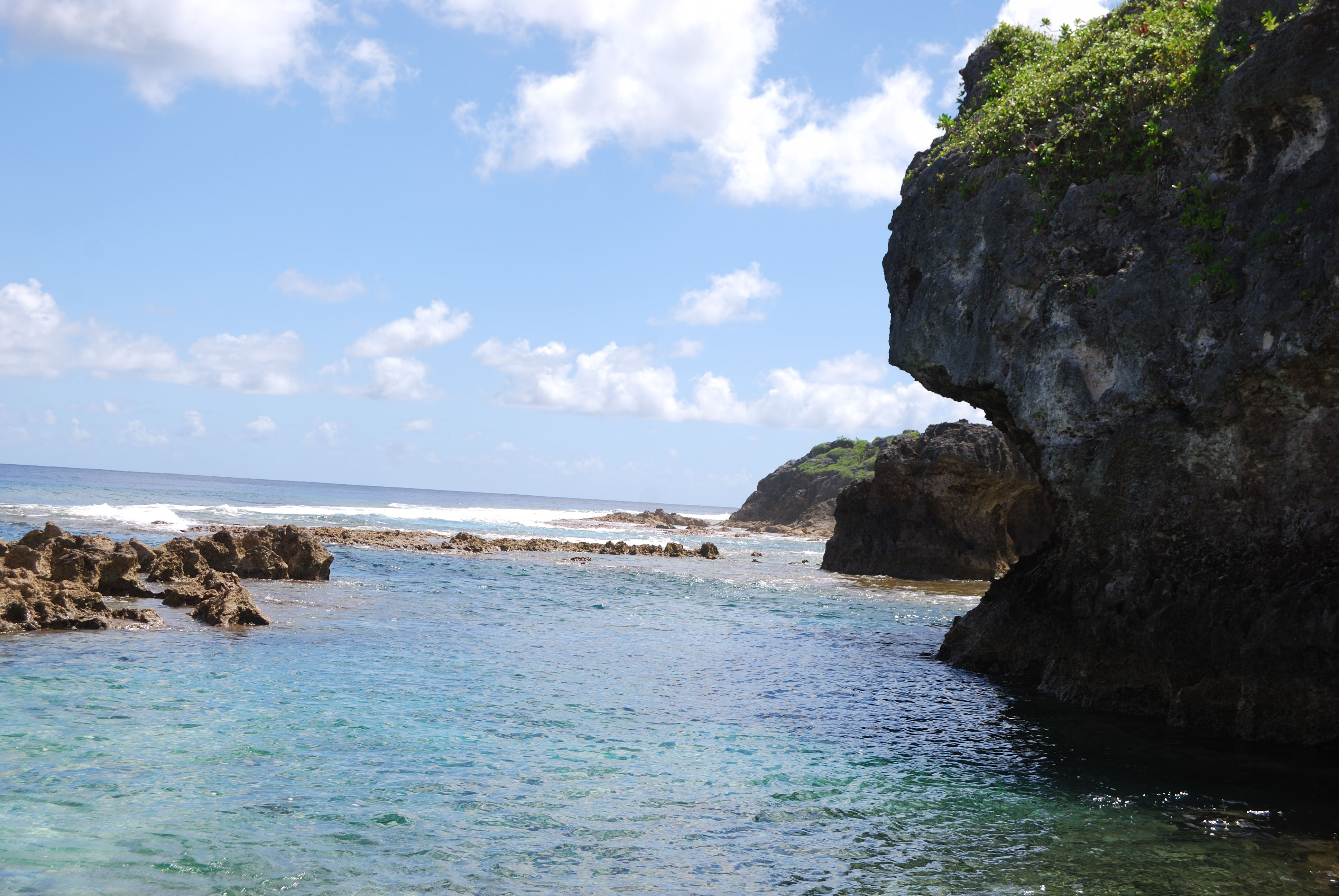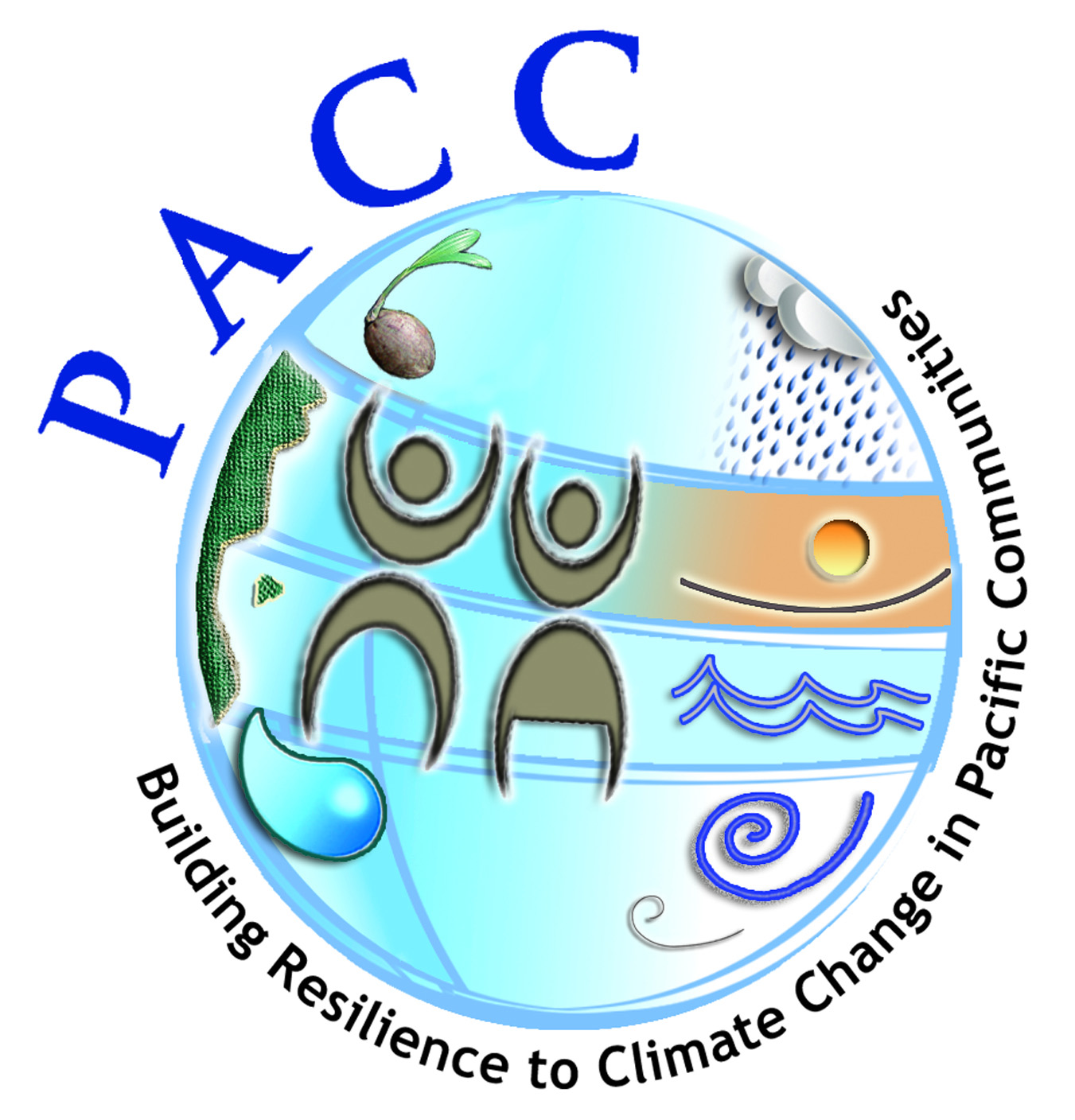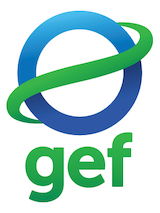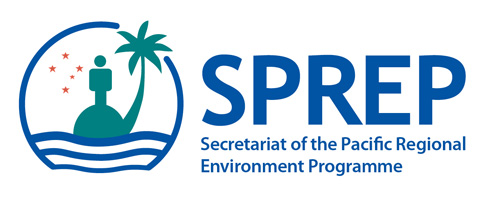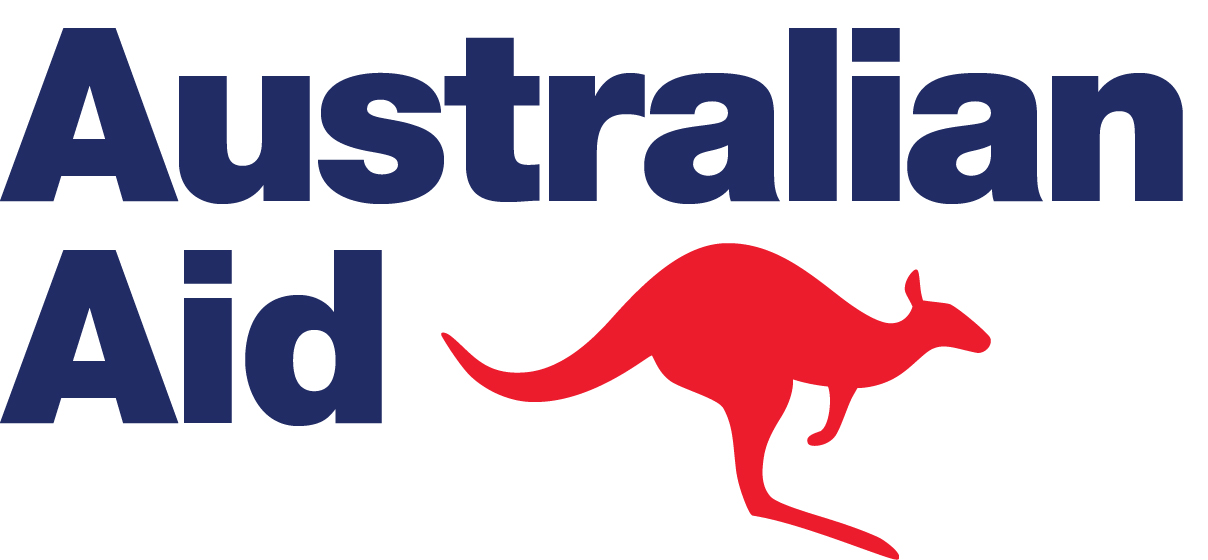PACC Niue
Project Overview
PACC Niue: Improving Niue’s Water Resource Management
The Pacific Adaptation to Climate Change (PACC) project supported the integration of climate change risks into policy frameworks and the implementation of community-based adaptation measures in 14 countries throughout the Pacific. These actions were intended to increase resilience in three key development sectors: water resource management, coastal zone management, and food production and food security.
For PACC Niue, the objective was to improve household rainwater harvesting to reduce water supply shortages and provide every household on Niue with a water catchment system.
For more information on the 13 additional participating countries and the Overall PACC Programme, click here.
Project Details
Niue is the world’s largest and highest single coral atoll situated in the Southwest Pacific Ocean. It has a land area of 259km2 with 14 villages scattered around the coast of the island. Since there is no surface water, Niue depends entirely on its groundwater source and rainfall catchment for all domestic, commercial and agricultural purposes. Past water catchment systems were made of cement that could only hold 1,300 litres and were difficult to maintain over time in terms of water quality, damage, adequate covers and cost. This is not adequate for large families over time and the uncertainties of climate change.
A 2005 study on Niue’s groundwater resources indicate the lens yield to be adequate to meet supply demands during the rainy season, but not consistently able to meet demands during the dry season. As a result, water shortages are a regular occurrence in Niue and the situation is expected to worsen in a climate change scenario where droughts are expected to fluctuate. To supplement the groundwater resource the establishment of rainwater catchments has been encouraged. Current land clearing and farming practices, including inadequate waste disposal systems, pose a threat to water quality.
Key Results and Outputs
The first of the PACC outcomes is devoted to mainstreaming. The PACC approach to mainstreaming has a dual purpose: 1) to strengthen the ability of institutional frameworks, policies and plans to take climate change risks into consideration and 2) to improve the capacity of key national government and community decision-makers to integrate adaptation measures in key decisions.
The second PACC outcome is to design and demonstrate innovative decision systems, approaches, technologies and practical measures to improve climate-resilience.
The third outcome, Technical Support and Communication, is to ensure that results and lessons from the PACC project are shared regionally and globally. The goal is also to bring together new knowledge generated through the project as the basis for a strategic regional approach to climate change adaptation among Pacific Island Countries and Territories.
Key Results
- National adaptive capacity developed
- Community vulnerability to climate change reduced
- Technical assistance & Regional Cooperation
Outputs
- 1.1 Technical capacity of key decision makers developed
- 1.2 Institutional coordination mechanisms established
- 1.3 Tools to assess economic costs of adaptation developed and utilized
- 1.4 Legislative and policy directives prepared and adopted
